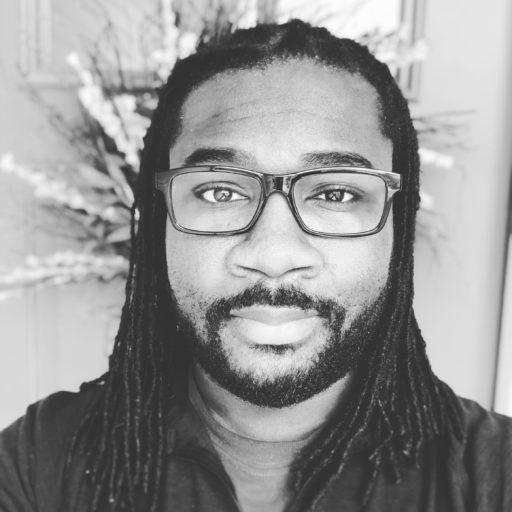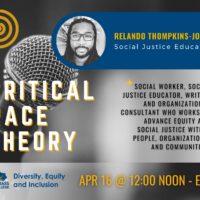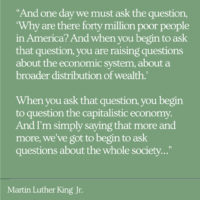My approach to teaching is one that acknowledges our implication in the web of power, privilege and oppression. I teach with an understanding that each of us through some socialization within our varied social identities has received, and perhaps even bought into, incorrect messages that assert our superiority or inferiority in relation to others, and that how we think about ourselves and others can influence the ways we act. Combined with positions of influence and authority that many graduates may find themselves in, if students do not actively commit to unlearning harmful information and replacing it with helpful information, they can act in oppressive ways instead of being the agents of social change that the school would prepare them to be.
I frame classroom time as an opportunity for each of us to get some help in unlearning oppressive thought processes and behaviors. I tell my students to never let their “education” get in the way of their learning; to have the humility required to accept feedback, and change directions if necessary.
I am not a “neutral” educator, and continue to be inspired by the works of Paulo Frere, Kimberle Crenshaw, and others. So in addition to fostering an environment where students can be critical of themselves, my teaching also involves teaching students to critically examine social institutions and power structures.
I believe that anger can play an important role in social justice work. In my own journey, which began with the pursuit of racial justice, I am reminded of James Baldwin’s words: “To be a negro in this country and to be relatively conscious is to be in a rage almost all of the time.” A rage that is present not only because of what happens to Black people in America, but also because of what Baldwin described as the “criminal indifference…and ignorance of most white people in this country.” Baldwin would go on to say that the problem lied in “controlling the rage so that it won’t destroy you.”
A large portion of my own journey has been dedicated to finding ways to control my rage, so that it doesn’t destroy me, and teaching and learning through dialogue; using social justice education as liberation has been helpful toward that end and has enabled me to expand my scope.
As an educator, for the marginalized aspects of my students’ identities, I strive to facilitate a process that provides opportunities for them to identify ways they can control their rage so that it does not consume them. For the privileged aspects of their identities, I strive to facilitate a process through which they can become aware of their own criminal indifference and ignorance of the ways they contribute to, and are complicit with systems of oppression.
In the courses I teach I address social justice throughout the semester through lectures, dialogue, readings, and experiential exercises that demonstrate the social construction of various social identities and how they are maintained through thought processes, policies, and practices. Through these activities, I seek to move beyond merely recognizing the social construction of institutions, to make connections regarding how those institutions can impact people’s lives in society in ways that privileges or oppresses them.
In relation to promotion, prevention, treatment, and rehabilitation, many topics made connections between Social Work and Public Health, particularly related to health disparities, with the recognition that they are created and maintained through power, privilege and oppression; that they are not a “natural”, but created structure, and as such, can be undone.
The theories and social conditions that are covered in class are based in behavioral and social science research, and through their assignments, readings, and class discussion, students engaged with how oppression manifests on micro, mezzo, and macro levels in order to critically examine and challenge oppressive systems.
Ultimately my goal as an educator is to facilitate a process that enables learners to better understand the similar and unique ways in which they are situated, and to discover their own answers as to how they can best contribute to working for equity and social justice.
For descriptions of the courses I have taught, visit my teaching page.
I write about and share resources related to lessons I’ve learned while teaching or facilitating workshops in the Teaching and Tips from Relando sections of my blog.











